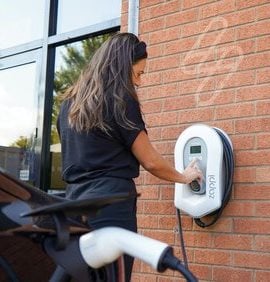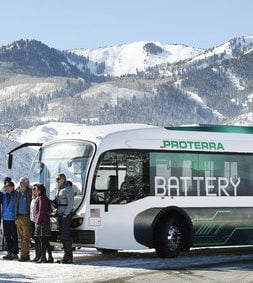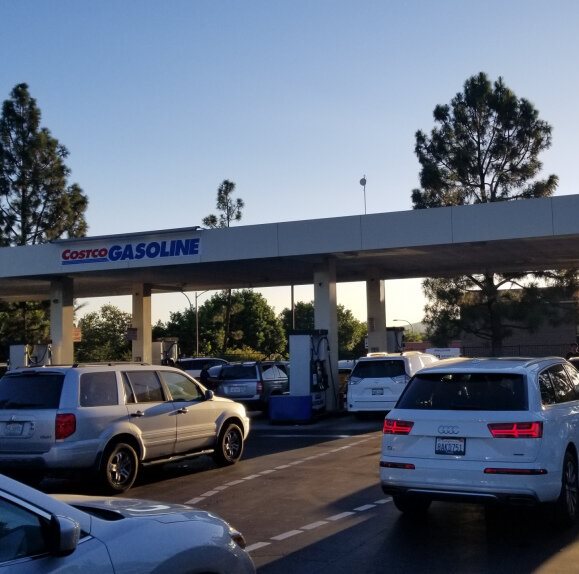
Policy
We advance policies to cut gasoline use at speed and scale
Burning gasoline in light duty vehicles in the U.S. accounts for a sixth of U.S. carbon emissions and more than 35% of world gasoline use. Scientists have issued a clear warning: to avoid the worst impacts of climate change, we must cut carbon emissions from all sources 50% by 2030, and 100% by 2050. Coltura’s policy work is focused on achieving these near-term and long-term targets by cutting gasoline used by our cars, trucks and SUVs.
Near Term (by 2030) Policies: We have only a few years to make deep cuts in carbon emissions. This means that we need effective ways to reduce large amounts of gasoline consumption right away. Coltura’s research has demonstrated enormous potential to do this by expediting the switch to EVs for the U.S. drivers who are using the most gasoline.

We still strongly support longer-term policies to cut emissions and get people out of private vehicles altogether (such as new vehicle emissions standards and new gas car phaseouts, urban planning, bike lanes and improved transit), but we must also meet the urgency of this moment to cut gasoline.
Our gasoline superuser policy work includes:
- a Washington study of gasoline superusers being used to determine that state’s EV incentive policy;
- a California bill that provides an added EV incentive to lower-income gasoline superusers;
- a Vermont law enabling a utility to incentivize superusers to switch to EVs.
Longer Term (by 2050 or sooner) Policies: Coltura is working to end the use of U.S. gasoline altogether by 2040. To that end, we advance state policies targeting 2030 as the date for all new cars to be electric, and mandating all-of-government plans for that to happen, including such considerations as grid upgrades and sufficient EV charging. We built the coalition that passed such a law in Washington State (the “Clean Cars 2030” law). We have been instrumental in other gas car phaseout policies, including:
- a 2035 gasoline car phaseout regulation in California;
- a Washington law enabling Washington state to join the ZEV Program (requiring automakers to provide an increasing percent of Zero Emission Vehicles or ZEVs reaching 100% by 2035)
- a Massachusetts law mandating a government plan (section 80) to achieve 100% of cars sold being zero emission by 2035;
- a Rhode Island bill setting a target for all new light duty vehicles to be electric by 2030
Learn More About Superuser Bills
Read More About Our Policy Change Work

ARE YOU A RESEARCHER OR INVOLVED IN POLICY-MAKING?
Get in touch with us with any questions or ideas!
LAST BUT NOT LEAST...
Make sure you're signed up for our newsletter!
With news, resources and inspiration, it's a must-read for policymakers interested in moving beyond gasoline.












